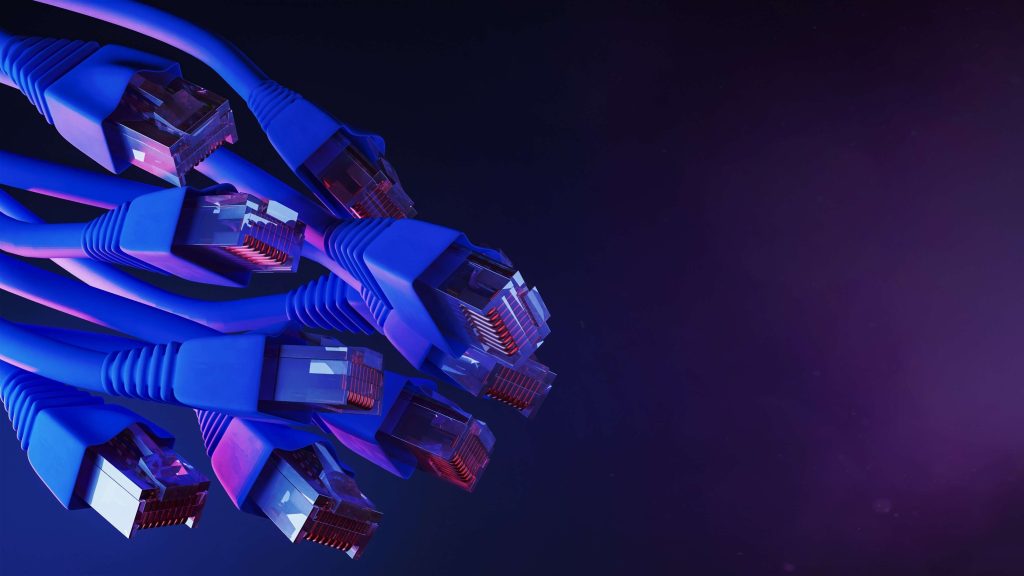
Technology is continually scrutinised for its negative environmental impact. Power consumption, technological waste, radio waves, etc., everything comes down to technology. Ethernet cable is one of the technological equipment that combines all these aspects, and even though it seems insignificant, it plays a massive role in power efficiency.
Therefore, by understanding its function and incorporating eco-friendly tips, using a simple ethernet cable can create a marginal difference for the environment.
Ethernet Cable’s Power Consumption
All kinds of tech equipment require power. Ethernet cables establish network communication between the devices, but they supply power with the connection. Hence, it isn’t just data or some information that is being utilised, but also electricity. If you multiply the number of ethernet cables, even if there is one in each home, you will notice a significant amount of power is consumed just to transfer data. This equation is true for any other device, including USB Flash Drives, Data Cables, or computer components.
However, there are also other factors that impact this power consumption for ethernet cables:
1. The PoE (Power Over Ethernet)
Many security cameras and wireless access points rely on PoE technology. It allows you to use the ethernet cable to transfer data and provide power to a device simultaneously. Thus, it can put a load on the network and the cable. Think of it like a hidden cost of voltage variation. You will be unaware of it in most cases.
2. The Cable Factor
The length of an ethernet cable directly corresponds to the amount of power it requires. Longer distances require more power to transfer data and electricity. Moreover, the quality of the cable and the category also impact the overall performance. For example, Cat6 categories will consume more power than Cat5 cables.
Tips For Power Efficiency In Ethernet Cables
PoE isn’t a negative feature but a positive alternative. Instead of relying on a power supply (cable or battery) separately, the ethernet cable delivers power. Hence, it is more efficient than using an ethernet cable and power supply separately. However, managing the PoE usage and scheduling it can further improve this efficiency because you can’t stop the continuous transfer of the network.
Similarly, other tips that you can follow for eco-friendly ethernet cable usage are:
Apart from these factors, periodic maintenance of the cables and timely upgrades can save you replacement costs and optimise efficiency. New standards are being imposed on tech on a regular basis. Therefore, it would be ideal to keep updated.
The Environmental Impact of Ethernet Cables
Apart from power consumption, ethernet cables can have a drastic environmental impact. For instance, if they wear out quickly and become damaged, it will contribute to more waste generation. Replacing ethernet cables all the time will have a negative impact. Therefore, it is pivotal to be responsible in selecting your tech and ensuring long-term usability.
The bottom line is being aware of the role that components like ethernet cables play in the larger scheme of things like electrical consumption and the environment. As long as you’re aware of that and make conscious efforts, you will make a positive impact.